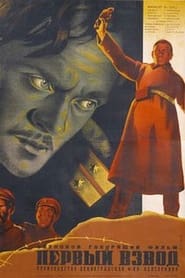detail profile arkadiy raykin
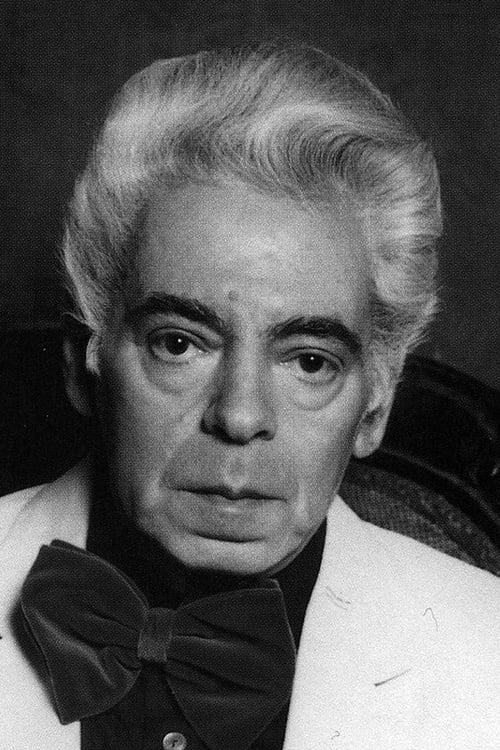
Arkadiy Raykin
Arkadi Rajkin
atau dikenal sebagai
Riwayat Hidup
Arkady Isaakovich Raikin (Russian: Аркадий Исаакович Райкин; 24 October [O.
S.
11 October] 1911 – 17 December 1987) was a Soviet stand-up comedian, theater and film actor, and stage director.
He led the school of Soviet and Russian humorists for about half a century.
Raikin was born into a Jewish family in Riga, in the Governorate of Livonia of the Russian Empire (present-day Latvia).
He graduated from the Leningrad Theatrical Technicum in 1935 and worked in both state theatres and variety shows.
In 1939, he founded his own theatre in Leningrad, where he used skits and impersonations to ridicule the inefficiency of Communist bureaucracy and the Soviet way of life.
In the Stalinist police state this was prone to danger, as it was not uncommon to get purged not only for telling a casual joke, but even for not reporting it to the authorities.
He also appeared in several comedies during and after the Great Patriotic War.
Raikin created an array of popular satirical characters, some of which were featured in the TV serial People and Mannequins.
He launched careers of several other prominent stand-up comedians, such as Mikhail Zhvanetsky and Roman Kartsev.
Raikin is often compared with Charlie Chaplin.
His fame in the Soviet Union, and throughout Central and Eastern Europe, was such that he was invited to participate in the opening night of BBC Two television in 1964, although the broadcast had to be postponed for one day due to a power failure.
His trip to London for the BBC broadcast—during which he was reunited with his British cousin, distinguished pianist Bruno Raikin—marked the first of only two times when the Soviet government permitted him to perform in the West.
Arkady Raikin also maintained good working relationships with Marcel Marceau and some other foreign actors.
Three years before his death, Raikin finally moved to Moscow, where he opened the Satyricon Theatre, now run by his son Konstantin Raikin, also an acclaimed actor.
His wife, Roma, played a major role in guiding his career, and his daughter, Ekaterina, also had a successful career as a Moscow actress.
For a month during the summer of 1987, Raikin hosted his American cousin, Washington D.
C.
attorney Steven Raikin, as a guest in his Moscow flat.
[3] In September 1987 the Soviet Ministry of Culture finally permitted Raikin to visit the United States, where, with his son and daughter, he gave emotional farewell performances in several cities to adoring audiences of Russian émigrés.
(Wiki)
Info Pribadi
Peran Yang Di Mainkan Arkadiy Raykin
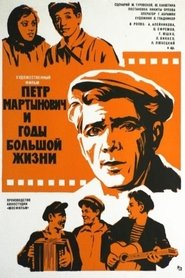 A semidocumentary biography film about the...
A semidocumentary biography film about the...Pyotr Martynovich And The Years Of Great Life 1976
A semi-documentary biography film about the life and work of Soviet film actor Pyotr Aleynikov. Includes newsreels from the 1930s, footage from films featuring Aleynikov and interviews with his closest friends and colleagues.
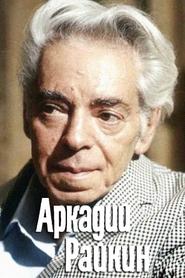 There was no Soviet actor who...
There was no Soviet actor who...Arkadiy Raykin 1975
There was no Soviet actor who could claim a greater popularity than Raikin. He was allowed the impossible: to be a satirist. Even during the height of government approved Anti-Semitism, Raikin was a figure to be reckoned with. He was known and beloved by all, his razor-sharp wit admired - and feared. In fact, president Putin met his future wife at a Raikin show. The film follows Raikin to his shows, on stage, and backstage, during rehearsals, at rest, and during conversations with his friends, including legendary Soviet jazz singer Leonid Utesov, film director Yuli Raizman, the poet Bella Ahmadullina, and the American film director George Kukor.
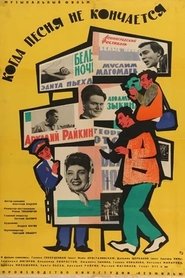 A combination of performances by masters...
A combination of performances by masters...When the Song Does Not End... 1965
A combination of performances by masters of their arts, this film takes place during the Leningradskoye Leto – the Leningrad "White Nights" annual summer musical festival, featuring music stars, young opera singers, ballet, pop, circus, and amateur artists. Reporters Kostya and Bob are rushing everywhere trying to document the entire festival. Beautiful young singer Svetlana is pursued throughout the festive events by a hopelessly shy police lieutenant, whose unexpected infatuation leaves him unable to speak, but gives him a beautiful baritone voice.
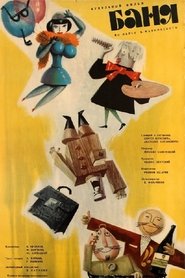 Inventor Chudakov builds a time machine...
Inventor Chudakov builds a time machine...The Bath House 1962
Inventor Chudakov builds a time machine. All that remains is to interest the technical innovation officials and receive authorization to continue the experiment. And it turns out that's the hardest part! The end point in this inventor's struggle will only be set by a "phosphoric woman" arriving from a wonderful future...
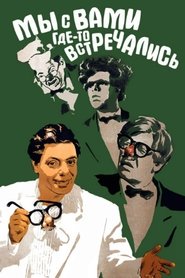 Maximov and his wife Larisa Levkoyeva...
Maximov and his wife Larisa Levkoyeva...Did We Meet Somewhere Before 1954
Maximov and his wife Larisa Levkoyeva going to vacation, but in last minutes Levkoyeva were called back to theater. And Maximov goes all alone to the Crimea on the train. On the one of station he miss his train and must check the city and make a concert to reach the point of destination. But he is so popular that people just didn't let him rest like he want...
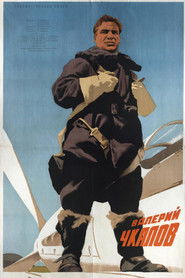 The film is based on the...
The film is based on the...Wings of Victory 1941
The film is based on the biography of Valeri Chkalov (1904 - 1938), a Russian pilot, who set several long distance flight records. Chkalov and his co-pilots Baidukov and Belyakov together had accomplished several non-stop long-distance flights. In June of 1937 Chkalov set the world record, covering 12000 kilometers in 63 hours of non-stop flight from Moscow to Vancouver, Washington, flying over the North Pole.
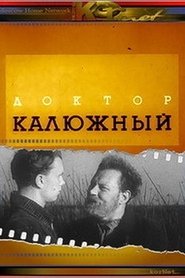
Doktor Kalyuzhnyy 1939
По мотивам пьесы Юрия Германа «Сын народа». Молодой врач после окончания института, оставив в городе любимую девушку, возвращается в родной поселок и энергично берется за дело. Больница в полном запустении. Но герой не отчаивается, и даже делает научное открытие, которое помогает вернуть зрение старому учителю и сестренке бывшей невесты.
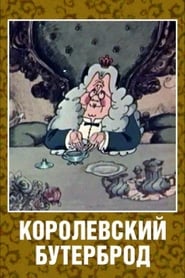 It is a comedy film which...
It is a comedy film which...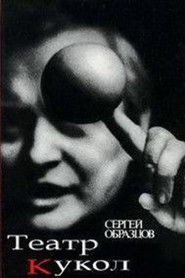 Anniversary evening dedicated to the 50th...
Anniversary evening dedicated to the 50th...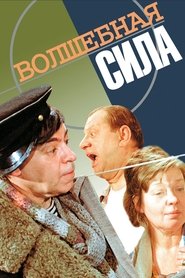 A three stories for a whole...
A three stories for a whole...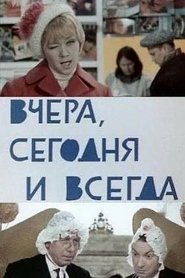
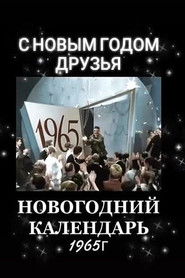
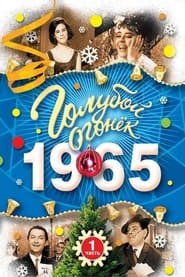
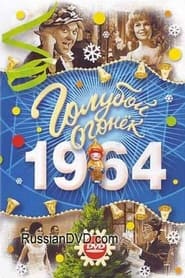
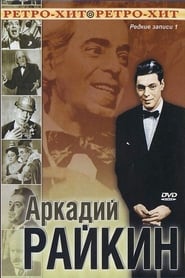 Theatrical miniatures performed by Arkady Raikin...
Theatrical miniatures performed by Arkady Raikin...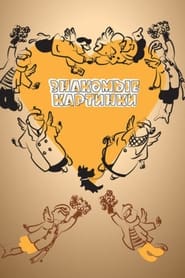
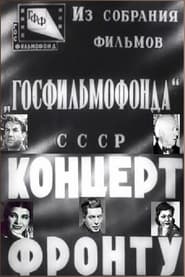 A musical film dedicated to the...
A musical film dedicated to the...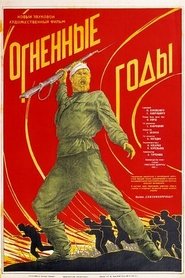 Follows the story of the 26 Artillery...
Follows the story of the 26 Artillery...